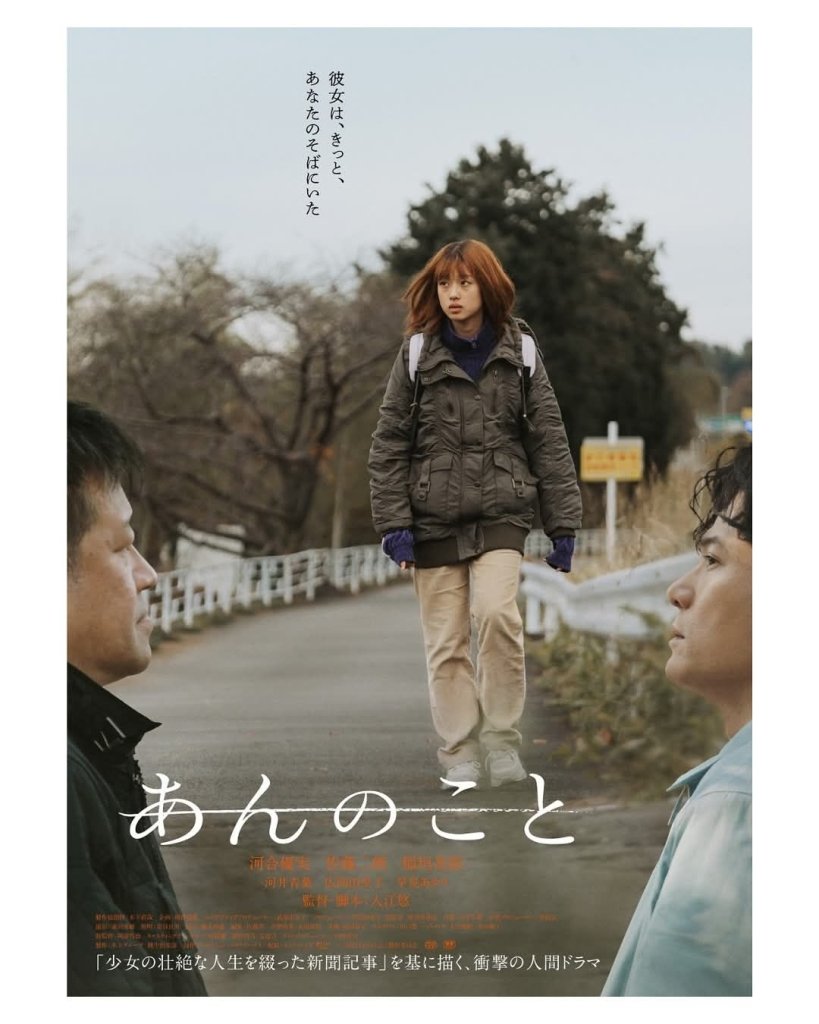Japan Cuts XVIII Review: In A GIRL NAMED ANN, A Gutting Portrait Of Determined Kindness
I’ve gotten to see at least two films by Yu Irie of late. This review contributes to the second of both, here with a story that literally takes a page from the headlines, and sparking an eye-opening conversation about the legacy we leave behind.
2024’s A Girl Named Ann is that story – the harrowing tale of Ann (Yuumi Kawai), a prostitute and junkie’s road to recovery from addiction and abuse by her mother, and the frenzied toll it takes within a year of her progress. Par for the course is the involvement of Detective Tatara (Jiro Sato) who takes on Ann as a sponsor when she’s brought in for questioning one morning after one of her clients overdoses.
Ann’s redemption extends further in her participation with Tatara’s group counseling program aimed at keeping former junkies clean, in conjunction with her education, and employment at a senior care facility where she gets along with the residents, as well as her boss. Her journey under Tatara’s watch is observed by Kirino (Goro Inagaki), a journalist whose interest may be more to do with Tatara’s own personal agenda than what he lets on.
A Girl Named Ann is a story certainly not for the faint of heart. Irie’s script paints a multi-dimensional view at Ann’s life, lending a storied look at her taste of freedom and a chance at redemption, from her desperate escape from the incorrigible misgivings of her mother (Aobi Kawai) and their dilapidated home, to coping with the arrival of the Covid-19 pandemic.
The film’s most major tipping point comes when a resident abruptly leaves her child in Ann’s care for a week, with Ann suddenly taking on the role of mother for the first time. To say the least, the dark turn that follows is nothing short of eerie, particularly given the film’s opening shot of Ann’s face as she walks down the desolate streets of her former Tokyo neighborhood; Her face, seemingly covered in loss and an air of devastation as bleak as her darkly-lit surroundings.

Hideho Urata’s cinematography proffers its impact in several compelling shots as he captures the compelling performances of our cast; I will say that I went into this one blind, not knowing how powerful the shots of several objects in the latter parts of this film would be, particularly in Ann’s apartment with the open window curtains blowing in the breeze.
Lead actress Kawai’s performance is an arresting, empathetic profile of one in millions of people, namely disaffected youths whose hardship, amplifed by government lockdowns in response to a centennial disease. To add, it’s a magnifier on how topical discussions pertinent to mental health have become in the years since then, while contributing to the greater picture of just who the young woman depicted in Irie’s gripping new drama was.
On its face, A Girl Named Ann is a riveting drama about a young woman whose saw an opportunity for own betterment and went the distance, even as others saw it as an opportunity for their own parasitic purposes. Beyond that, it’s a film dedicated to everyone with a story to tell, and the importance of being seen for it.
A Girl Named Ann enjoyed its North American Premiere for the 18th edition of Japan Cuts Festival of New Japanese Film.
Native New Yorker. Been writing for a long time now, and I enjoy what I do. Be nice to me!





